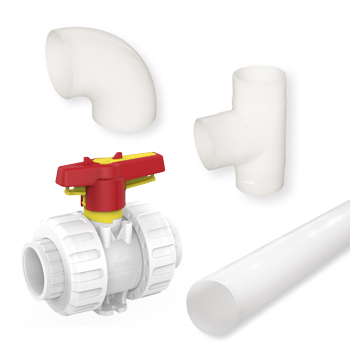Mental Health Awareness Week


There is no one size fits all approach to mental health at work.
IPS as a company are committed to Improving employee health & wellbeing at our work place with our “wellness warriors”.
we sat down with our three Mental Health Champions to discuss improving mental health in our workplace.
Today we speak with our Managing Director Andrew Lamb, Andrew has worked for IPS in various roles for over 26years, taking the reigns as MD in what most would say the most challenging times we have seen in recent years.
Andrew, What is mental health?
To me mental health is all about how we feel about ourselves, in our everyday situations. Good mental health gives us the ability to cope with situations that present themselves.
How important is Metal Health?
Mental health issues are massively important, no more so than as we come out of 2020 and COVID 19. Mental health can affect every age and impact on every part of your life.


Why is MH and raising the awareness important to you?
For too long now mental illness has been treated as a taboo with stigma’s attached! Having seen first-hand the effects that mental issues cause, both to the person suffering and those around them (family members, friends and work colleagues) it is important to me that we learn to recognise signs of people in difficulty, without being prejudiced or judgemental.
What can we do to support colleagues suffering with mental health?
After seeing the effects on family members I decided to seek out courses that could help me recognise, understand and help the people I loved! The first thing I learned is that self-awareness is important, ensuring that we as individuals look after our own mental health so that we can then look out for others.
Recognising that post lockdown mental health issues could start to develop, I wanted to ensure that we had all senior managers attend a mental health awareness course, we then rolled this out to every member of staff.
Can mental health be prevented?
I am not sure that it can be prevented, the pressures of modern day life can effect anyone to the extent that it starts to have an impact on mental well-being. We need to encourage a culture that values every individual , where mutual support is actively encouraged. Mind's booklet on How to improve mental wellbeing says good mental health is about your behaviour - what you do. It goes on to say that good mental health is when:
"You care about yourself and you care for yourself. You love yourself, not hate yourself. You look after your physical health – eat well, sleep well, exercise and enjoy yourself.
You see yourself as being a valuable person in your own right. You don't have to earn the right to exist. You exist, so you have the right to exist.
You judge yourself on reasonable standards. You don't set yourself impossible goals, such as 'I have to be perfect in everything I do', and then punish yourself when you don't reach those goals."

A year on from the start of the pandemic what are we doing differently in terms of the day-to-day wellbeing of staff?
During the pandemic we started welfare calls with those members of staff who were furloughed to ensure that the did not feel disconnected.
Mindful of the potential effect on everyone (some more obvious than others), we have promoted the companywide employee assistance scheme along with offering the opportunity to all staff to learn more about coping with mental health issues.
When should someone suffering with mental health issues contact HR?
It is important to recognise that there is still some stigma attached to mental health and that there are still those who would ‘prefer’ to suffer in silence. HR have an important role to play, but more important are other colleagues who might be seen as more sympathetic.
What tips could you give to help the workforce alleviate the effects of stress they experience at work in order to improve mental health?
Take time away from your desk and use the opportunities offered to de-stress. Be open to yourself and colleagues about how you feel. Be honest about your feelings, know where to seek advice.
Are there warning signs to watch for in themselves or colleagues of mental illness?
Disengagement with others, lateness, presenteeism, change in life style patterns,
76% of people believe their employer should be doing more to protect their mental health, what new measures have IPS brought in to help colleagues?
As previously mentioned we have encouraged people of undertake training about mental health awareness.
Implemented and promoted the employee assistance program
Organised activities outside of work to develop team work and get exercise.
Encourage a colleague to bring her dog to work – its amazing the effect that that has had!




















